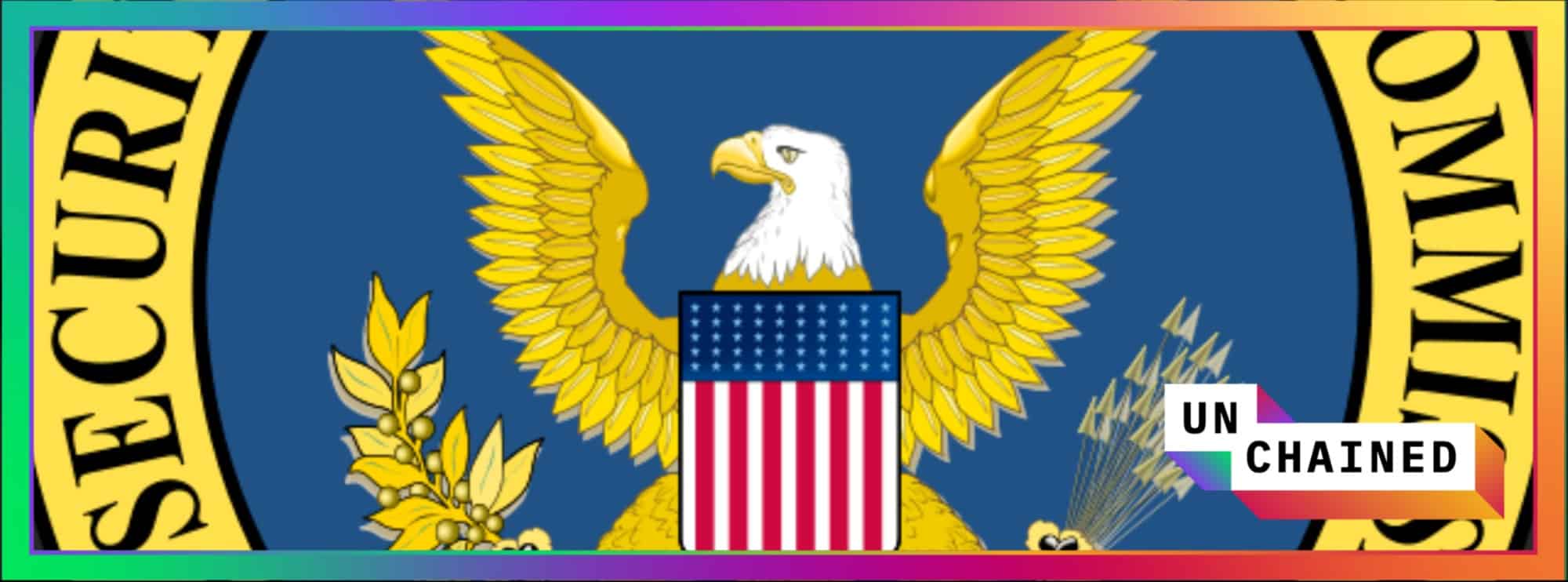Kraken, the crypto exchange founded by Jesse Powell, has agreed to terminate its staking-as-a-service platform for its US-based customers and pay a $30 million fine to the Securities and Exchange Commission (SEC) in disgorgement, prejudgment interest, and civil penalties.
The SEC charged the firm with offering unregistered securities to the general public through its staking services and programs. According to the regulator, Kraken’s staking setup was a high-risk investment for customers, as it lacked the necessary disclosure and safeguards.
In a statement, Kraken confirmed that it would immediately end its staking services for US clients, except for staked ether, which would only be unstaked after Ethereum Network’s Shanghai upgrade takes effect. As a result, US clients will no longer be able to stake new assets, including ether. Non-US clients will not be affected by this change.
Gabriel Shapiro, general counsel at Delphi Labs, tweeted that he believes Kraken did not fight the SEC’s charges because its staking-as-a-service program offered a specific return on the investment instead of simply handing over whatever return the Ethereum network paid out. This would mean the return would depend on the efforts of Kraken, making its staking product more likely to pass the Howey test to determine whether an investment contract is a security.
Still, the crypto community was outraged that the SEC chose an enforcement action on staking-as-a-service, which is not a new product, rather than coming up with guidance with which companies could comply. Rebecca Rettig, the new chief policy officer at Polygon Labs, tweeted, “Even if you believe the contract for Kraken’s staking service was an inv contract (& the answer is “it depends” based on the terms of service, how the staking is done, etc.), to have absolutely no path to registration harms everyone involved (incl retail users).”
Staking is a process used in proof-of-stake (PoS) blockchain networks to maintain network security and validate transactions. In PoS networks, instead of miners using computational power to validate transactions and secure the network, validators are chosen to validate transactions and add them to the blockchain by holding and “staking” their own tokens as collateral. These validators earn rewards for their service in the form of newly minted tokens or transaction fees.
LSD Tokens Pump
The prices of governance tokens belonging to major liquid staking protocols, including Lido Finance, Rocket Pool, and Frax Finance, rose significantly following the announcement of Kraken’s agreement with the SEC.
The LDO token of Lido Finance, which holds the largest amount of staked ether with $8.4 billion, surged 10%, while Rocket Pool’s RPL token jumped 7%.
IRS Looks Into Kraken Too
Within minutes of the settlement announcement with the SEC, news broke that the U.S. Internal Revenue Service took legal action, seeking permission to enforce a summons for information against Kraken and its subsidiaries.
The IRS said it first issued the summons in 2021 to determine individuals’ federal tax liabilities on crypto transactions for the years 2016 through 2020, but that it has not been honored by Kraken.



